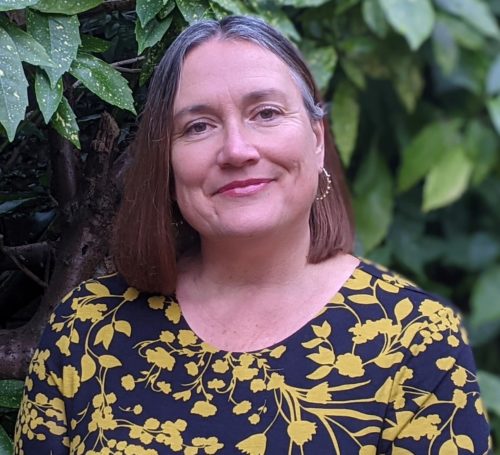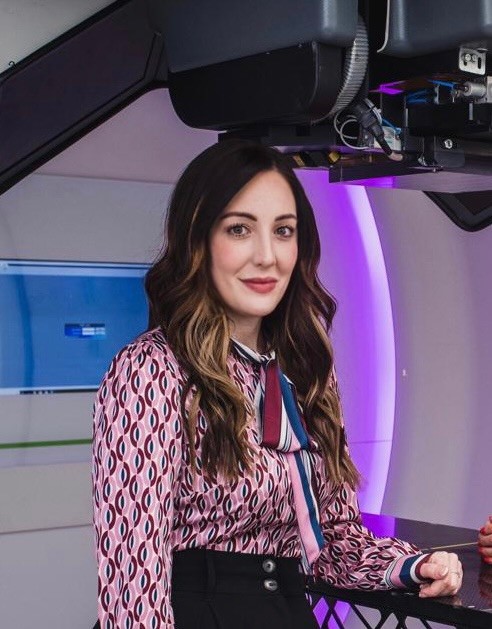
latest
Left in limbo on “hidden” waiting lists
New analysis reveals 1 in 4 patients are waiting more than 90 days between appointments for Talking Therapy treatment.

PRESS RELEASE
TUESDAY 31ST JANUARY 2023
1 in 4 people waiting for mental health treatment left in limbo on hidden waiting lists
Patients struggling with their mental health are left stuck in limbo on “hidden” NHS waiting lists. New analysis by UK charity, Future Care Capital (FCC), reveals that 1 in 4 patients (24%) are waiting more than 90 days between their first and second appointments for NHS Talking Therapy treatment (previously known as IAPT) – a service that provides therapy to adults with conditions like depression, post-traumatic stress disorder and anxiety [1].
These alarming figures also highlight the growing issue of the wait for mental health treatment. The number of people waiting for more than 90 days for their second appointment in the last year has in fact risen by 30% since pre-pandemic [2].
The latest NHS figures from October 2022 indicate that 13,599 people were waiting over 90 days for their second Talking Therapy appointment [3]. This is especially concerning as extensive waits for treatment have been found to have a significant impact on people’s lives, with experts warning that excessive waits between sessions can impact recovery from mental health conditions, and sometimes, result in “some cases spiral into a mental health crisis”. [4]
Also released today, a new report from FCC highlights not only the role of digital mental health tools in supporting those waiting for treatment, but the urgent need to improve the way in which these tools are accessed [5]
FCC spoke to over 500 people who have struggled with mental health and have used digital tools for support. 87% of respondents revealed that they are now relying on smartphone apps for their mental health, with almost a third (31%) of respondents adding that they decided to use digital tools because they did not want to wait for face-to-face support.
Crucially, the new report highlights the need to improve both the way in which people access these tools and how medical professionals recommend them, with users saying that they are more than twice as likely to have found a digital mental health tool on social media (33%) than through their GP (13%).
To help address this issue, FCC has launched two new tools. One is a new public guide to digital mental health tools, helping members of the public understand what digital support is available for their specific needs, and the other is the first-ever commissioning tool to help medical professionals and commissioners better understand what digital mental health tools are available for the patients in their care [6].
Both tools will help to provide a better understanding of the strengths and weaknesses of available technology, resulting not just in the accelerated prescription of effective and reliable digital mental health tools, but patients being empowered to make better choices when independently choosing the right digital mental health tools for their individual needs. Whilst these tools may not reduce hidden mental health wait lists, they can help patients to better cope with poor mental health whilst they await treatment.
“At Samaritans, we want to see individuals to have a range of mental health support options at their fingertips. Now more than ever, the increase in digital offerings is widening the access to mental health support, which can be used by hard-to-reach communities; or those who may struggle to open up to their friends, family or GPs. We must now find ways to support people to find the tools that will help them and ensure that support they use is effective and appropriate.” Julie Bentley - Chief Executive, Samaritans

“Digital mental health tools can be a really effective way to help people cope with poor mental health, but there is an urgent need to improve the way in which people find them. Our report shows that people are twice as likely to find this type of support via social media – which is not a trusted source of information – than via a medical expert. “We need to provide the public, GPs, and healthcare professionals with guidance around mental health tools, to help reduce the possibility of the wrong tools being accessed. Whilst digital mental health tools are not the only solution for those experiencing mental health struggles, they are a viable solution. If we can guide people to the right digital mental health tools, then they will have improved outcomes.” Dr. Lauren Evans - Director of Policy and Innovation, Future Care Capital

Future Care Capital (FCC) is an independent charity shaping the future of health and social care. To access the report and find out more about the commissioning tool, visit https://futurecarecapital.org.uk/
**ENDS**
NOTES TO EDITOR
[1] Data was sourced from NHS Digital’s October 2022 Report on the use of NHS Talking Therapy services. We considered the count of second treatment appointments and the count that waited over 90 days between first and second appointment to calculate the proportion of people waiting over 90 days on a hidden waiting list.
[2] Data was sourced from NHS Digital’s NHS Talking Therapy reports from both November 2021 to October 2022 and November 2018 to October 2019. Using this data from both periods, we analysed the count of people that waited over 90 days between first and second appointment each month to calculate the total number who waited over 90 days in the given 12 months period. We then compared the two-yearly figures to calculate the percentage increase from November 2018 – October 2019 to November 2021 – October 2022.
[3] Mind – Access to Talking Therapies report: www.mind.org.uk/media-a/4248/we-still-need-to-talk_report.pdf
[4] NHS Digital – Psychological Therapies: reports on the use of IAPT services, England, October 2022 Final including a report on the IAPT Employment Advisers pilot: Psychological Therapies, Reports on the use of IAPT services – NHS Digital
[5] FCC – User Insights into Digital Mental Health Tools Report, 2022: https://futurecarecapital.org.uk/research/user-insights-into-digital-mental-health-tools/
[6] FCC – Public guide to digital mental health tools: https://futurecarecapital.org.uk/digital-mental-health-tools-guide
FCC’s 2019 Care Tech Landscape Review explored the tech start-ups and developers deploying solutions for the home care market. Through this review FCC identified that there are major opportunities to improve adult social care provision using technology. Find out more: https://futurecarecapital.org.uk/research/care-tech-landscape-review/
About Future Care Capital
Future Care Capital (FCC) is a charity that undertakes research to advance ideas that will help shape future health and social care policy and deliver better outcomes for individuals living in the UK. Beginning life as the National Nursery Examination Board in 1945, the charity has evolved throughout its 70-year history.
Find out more about Future Care Capital: https://futurecarecapital.org.uk/
